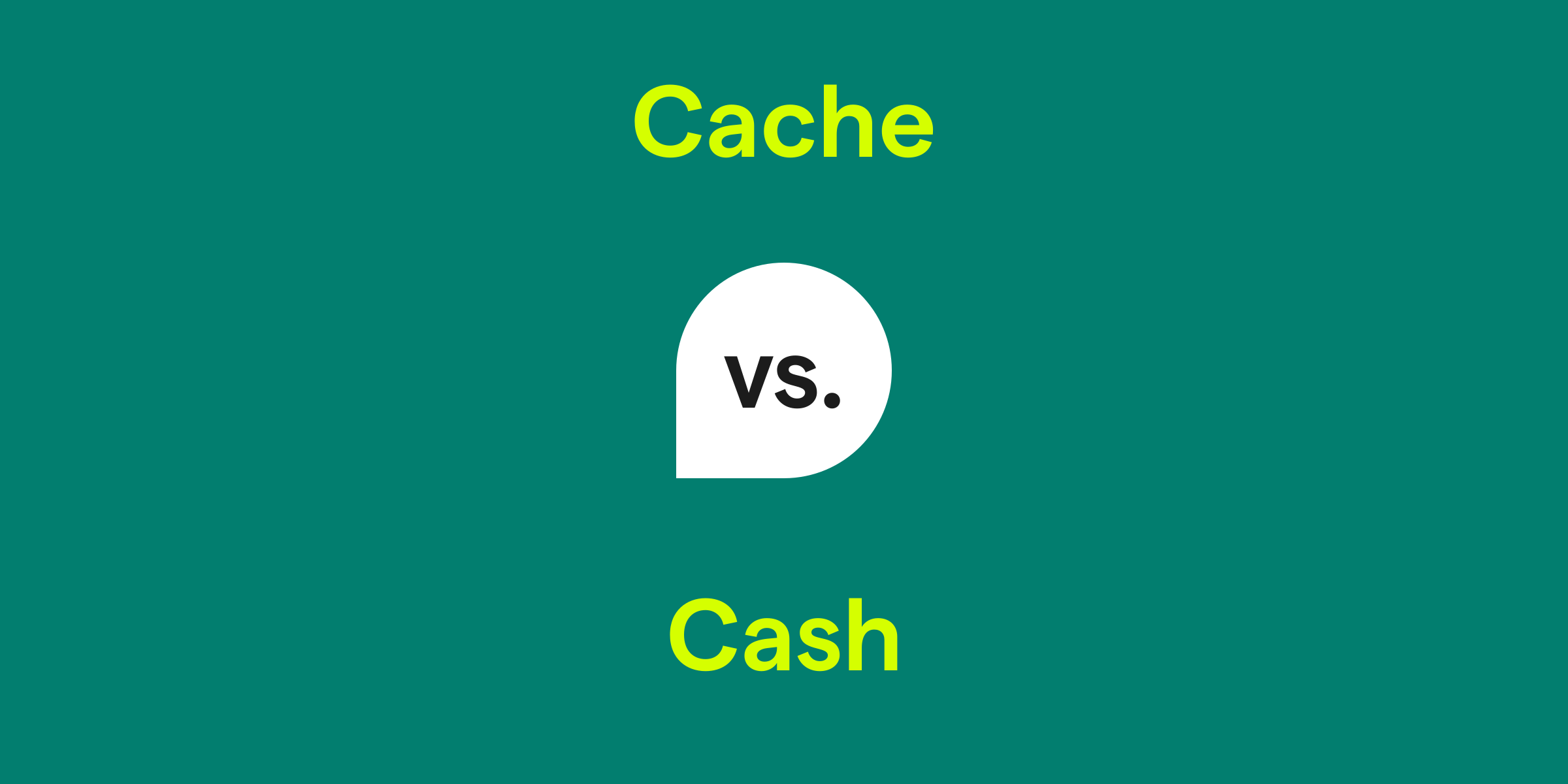Cache vs. Cash: What's the Difference?
Cache and cash are homophones, which means they sound the same but possess different meanings and uses. A cache refers to a collection of items stored in a hidden or inaccessible place, or in computing, to temporary storage for data to speed up future access. Conversely, cash is a term for money in the form of bills and coins, used for transactions in everyday life.

How do you use the word cache in a sentence?
Cache is typically used as a noun to signify a hidden storage location. In computing, it describes a quick-access data storage layer that helps speed up retrieval of frequently accessed information. Outside of technology, cache may refer to a physical hiding place for valuables or supplies.
Examples of cache in a sentence
- The geocachers excitedly discovered a cache full of trinkets hidden beneath the old oak tree.
- To speed up the website's performance, developers implemented a more efficient cache system.
- Archaeologists were thrilled to uncover an ancient cache of coins, shedding light on the region's trading history.
How do you use the word cash in a sentence?
The word cash is commonly used in reference to money that is in a physical form, such as notes and coins, as opposed to credit. It is used in everyday finance and transactions where immediate payment is required. Talking about cash often points to liquidity and the ability to pay promptly.
Examples of cash in a sentence
- She preferred to pay in cash to avoid any credit card fees.
- The garage sale offered a great opportunity to get some extra cash for unwanted items.
- Always keep some cash on hand for small expenses or in case of an emergency.
Cache and cash definition, parts of speech, and pronunciation
Cache definition:
A cache is a collection of items of the same type stored in a hidden or secret place. In computing, a cache represents a temporary data store that enables fast data retrieval.
Cache parts of speech:
Cache pronunciation:
Cache is pronounced /kæʃ/, which rhymes with the word 'dash.'
Cash definition:
Cash refers to money in the form of currency, such as banknotes and coins, particularly when in immediate use for transactions.
Cash parts of speech:
Cash pronunciation:
Cash is pronounced identically to 'cache' as /kæʃ/, rhyming with 'dash.'
A cache is a collection of items of the same type stored in a hidden or secret place. In computing, a cache represents a temporary data store that enables fast data retrieval.
Cache parts of speech:
- As a noun: The cache of weapons was found hidden behind a false wall.
- As a verb, though less common: We decided to cache our gear in the cave before continuing the climb.
Cache pronunciation:
Cache is pronounced /kæʃ/, which rhymes with the word 'dash.'
Cash definition:
Cash refers to money in the form of currency, such as banknotes and coins, particularly when in immediate use for transactions.
Cash parts of speech:
- As a noun: The cashier asked if I would be paying with cash or card.
- As an adjective (informal): The restaurant offers cash discounts on some days.
Cash pronunciation:
Cash is pronounced identically to 'cache' as /kæʃ/, rhyming with 'dash.'
Cache vs. cash in a nutshell
Despite their identical pronunciation, cache and cash differ significantly in meaning. A cache typically denotes stored items or data in a concealed location, and in computing, it's associated with efficient data retrieval. Cash, on the other hand, is tangible currency used in physical monetary transactions. Understanding the context in which each term is used can prevent miscommunication and ensure accurate expression.
Get AI Writing Assistance Wherever You Type
Make sure your vocabulary is on point and every punctuation mark is in the right place, no matter where you’re working. Grammarly works across more than 1 million websites and apps so you can improve your writing without copying, pasting, or breaking focus.

More Commonly Confused Words
Interest piqued? Pore (not pour) over other commonly confused words to help your writing reach peak (not peek) performance.